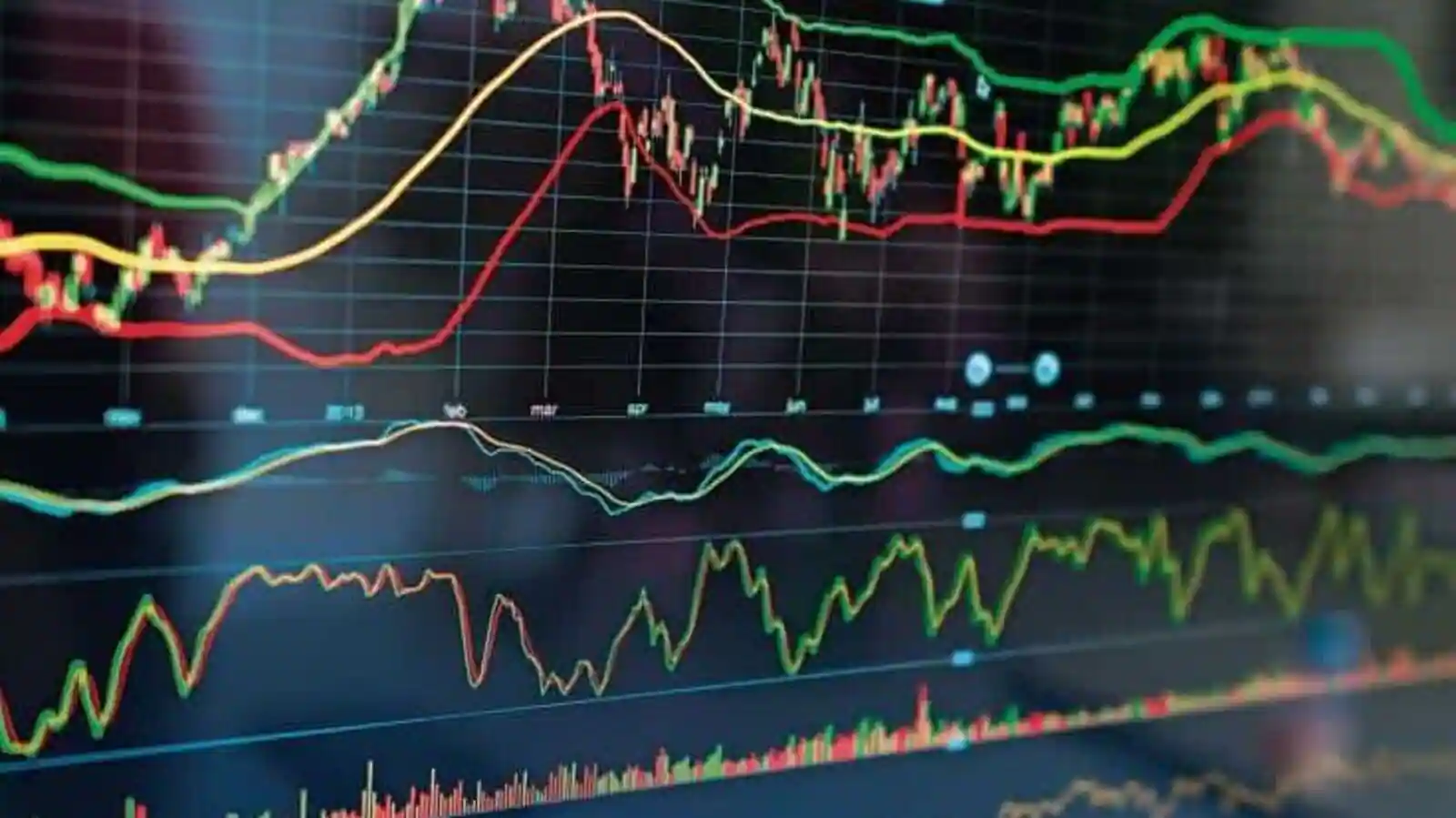
Whatever type of trading you do, psychology plays a significant role in your success as a trader. It’s not just about having the right strategy or technical skills—psychology is also incredibly important for managing risk and emotions, staying disciplined and focused, and adapting to changing markets. Understanding the principles of psychology can help traders make better decisions in their trading activities, so it pays to understand how psychology shapes our behaviour.
The impact of biases on trading decisions
One of the most critical aspects of psychological principles is understanding biases that influence our decision-making. Cognitive biases are mental shortcuts we take to simplify complicated situations and make quicker decisions. While these cognitive tools can be helpful in some cases once you buy stocks and shares to trade, they can also lead to decision-making errors that harm results.
For example, confirmation bias might lead traders to search for information and data that confirm their beliefs rather than investigate different points of view or test hypotheses. Similarly, the hindsight bias leads us to overestimate our ability to predict future outcomes based on past performance.
These psychological principles are essential for understanding why traders may make decisions that don’t always align with sound risk management practices and long-term success.
The role of risk management in trading psychology
Risk management is an integral part of trading psychology because it helps traders control their risk exposure and expectations. Proper risk management involves understanding the different risks—such as market, liquidity, and credit—and assessing the likelihood of success with each trade.
By regularly evaluating your level of risk, you can ensure that you’re not overexposed to any particular type of market volatility or financial instrument. Also, practising proper risk management will help keep emotions in check by limiting potential losses and keeping traders from getting greedy when profits are high.
Understanding loss aversion and greed
Loss aversion is an essential psychological principle in trading because it can help traders stay disciplined and avoid taking unnecessary risks. Loss aversion is the idea that losses are weighted more heavily than gains—in other words, a trader is more likely to take risks to avoid a loss than to make a gain. This mindset can lead to irrational decision-making as traders try to “recover” their losses by taking more significant risks.
Greed is another psychological concept that can have a detrimental effect on trading decisions. Greed is the urge to acquire or accumulate wealth without regard for risk or long-term strategies. It often leads traders to take significant risks to make quick profits without adequately assessing the potential rewards and risks.
Using behavioural economics principles to improve trading outcomes
Behavioural economics is a field of study that examines how psychological and emotional factors influence economic decisions. It’s an important area of psychology for traders, as it can help them understand and predict their market behaviour.
For example, understanding the concept of the “endowment effect”—that people tend to overvalue items they already own—can be helpful when evaluating potential trades. Similarly, recognising the impact of “anchoring”—the tendency to focus on a particular piece of information when making decisions—on trading can also be beneficial. By recognizing these biases, traders can avoid making hasty or irrational decisions due to the influence of these cognitive tools.
Adopting psychological strategies to manage emotions
Another important area of psychology for traders is learning how to manage their emotions in the markets. Emotions such as fear and greed can have a powerful impact on trading decisions, so it’s essential to be aware of them and learn how to mitigate their effects.
One way traders can do this is by developing effective strategies for managing risk.
Risk management techniques such as position sizing, stop-loss orders, and other methods help limit the losses associated with emotional decision-making. Developing proper habits like keeping a trading journal or tracking performance metrics can also help traders stay disciplined, even when faced with challenging market conditions.
All things considered
Psychology is essential to trading because it helps shape our decisions and reactions in the markets. By developing self-awareness, adopting psychological strategies to manage emotions, and understanding the role of risk management in trading psychology, traders can become more successful by making smarter decisions when faced with challenging market conditions. With proper planning and dedication, anyone can use these principles of psychology to potentially improve their trading outcomes.
Psychology is an essential aspect of trading that should be considered. By understanding the fundamentals of psychological principles and applying them to trading decisions, traders can become more successful. With practice and dedication, anyone can use these principles to improve their chances of success as a trader.






